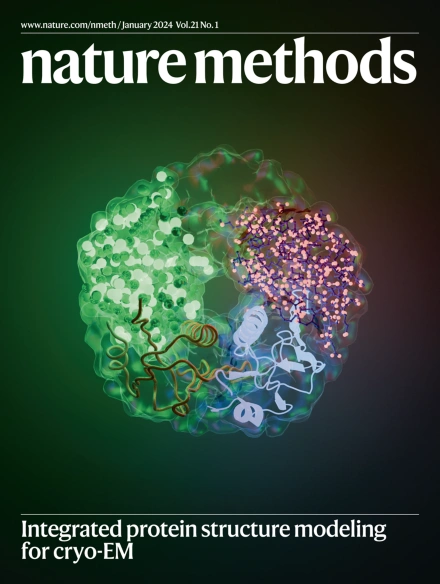新的微生物组:利用人类肿瘤测序数据研究微生物的挑战和机遇。
IF 32.1
1区 生物学
Q1 BIOCHEMICAL RESEARCH METHODS
引用次数: 0
摘要
肿瘤内的微生物已被确认,并在实验中与肿瘤发生、肿瘤生长、转移和治疗反应有关。研究肿瘤微生物组存在困难,因为早期迹象表明微生物种群丰度低,稀疏且高度异质性。来自肿瘤微生物组的计算分析的不同结果对肿瘤中微生物的前提产生了怀疑。然而,几十年的实验证据支持肿瘤微生物的存在,至少在有限数量的肿瘤类型中。在这一观点中,我们讨论了迭代改进微生物靶向测序技术、建立分析管道、强大的计算工具和可靠验证的重要性,以应对当前的挑战并填补现有的知识空白。大量的人类肿瘤测序数据可以通过精确量化肿瘤微生物组组成的方法,极大地增强对微生物组-肿瘤相互作用的系统研究。本文章由计算机程序翻译,如有差异,请以英文原文为准。

The new microbiome on the block: challenges and opportunities of using human tumor sequencing data to study microbes
Microbes within tumors have been recognized and experimentally related to oncogenesis, tumor growth, metastasis and therapeutic responsiveness. Studying the tumor microbiome presents difficulties, as early indications suggest that microbe populations are low in abundance, sparse and highly heterogeneous. Disparate results from computational profiling of the tumor microbiome have cast doubt on the premise of microbes in tumors. Yet decades of experimental evidence support the presence of tumor microbes, at least in a limited number of tumor types. In this Perspective, we discuss the importance of iteratively improving microbe-targeted sequencing techniques, established analytical pipelines, robust computational tools and solid validations to address current challenges and fill existing knowledge gaps. The vast amount of human tumor sequencing data available could greatly enhance systematic investigations of microbiome–tumor interactions with methods to quantify the composition of the tumor microbiome accurately. This Perspective explores the challenges and future directions in the world of human tumor microbiome research.
求助全文
通过发布文献求助,成功后即可免费获取论文全文。
去求助
来源期刊

Nature Methods
生物-生化研究方法
CiteScore
58.70
自引率
1.70%
发文量
326
审稿时长
1 months
期刊介绍:
Nature Methods is a monthly journal that focuses on publishing innovative methods and substantial enhancements to fundamental life sciences research techniques. Geared towards a diverse, interdisciplinary readership of researchers in academia and industry engaged in laboratory work, the journal offers new tools for research and emphasizes the immediate practical significance of the featured work. It publishes primary research papers and reviews recent technical and methodological advancements, with a particular interest in primary methods papers relevant to the biological and biomedical sciences. This includes methods rooted in chemistry with practical applications for studying biological problems.
 求助内容:
求助内容: 应助结果提醒方式:
应助结果提醒方式:


